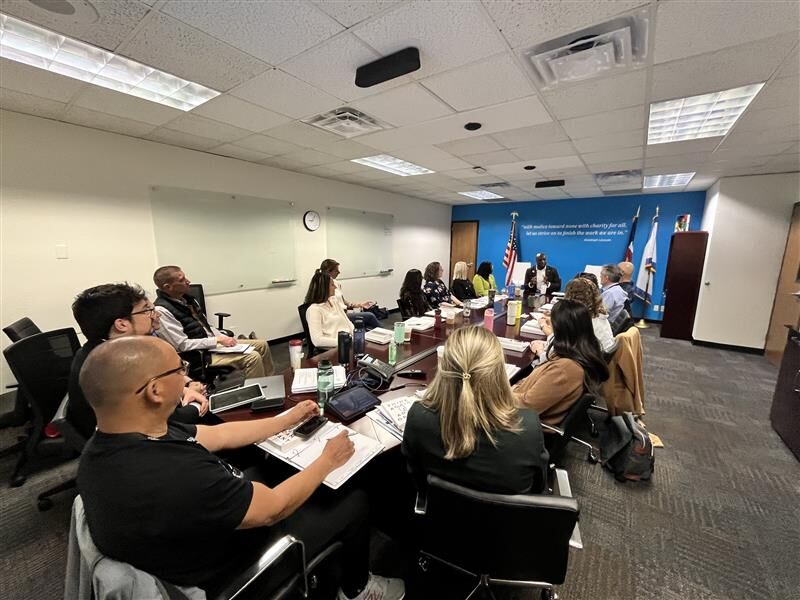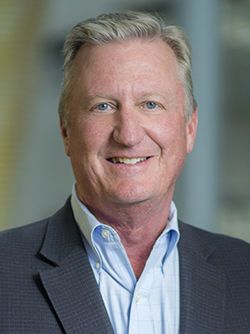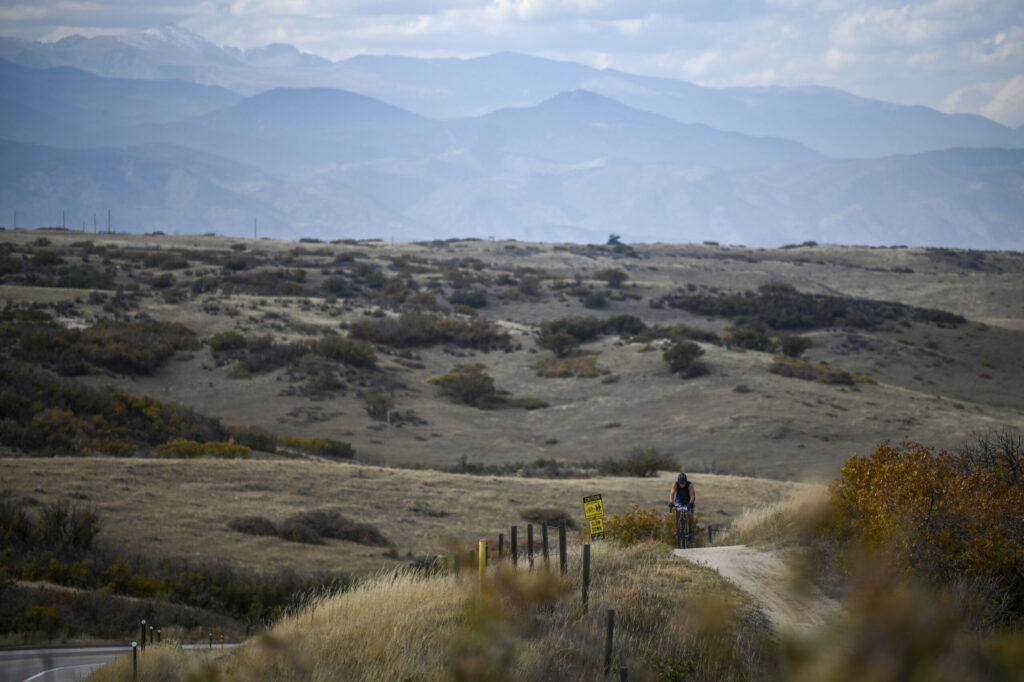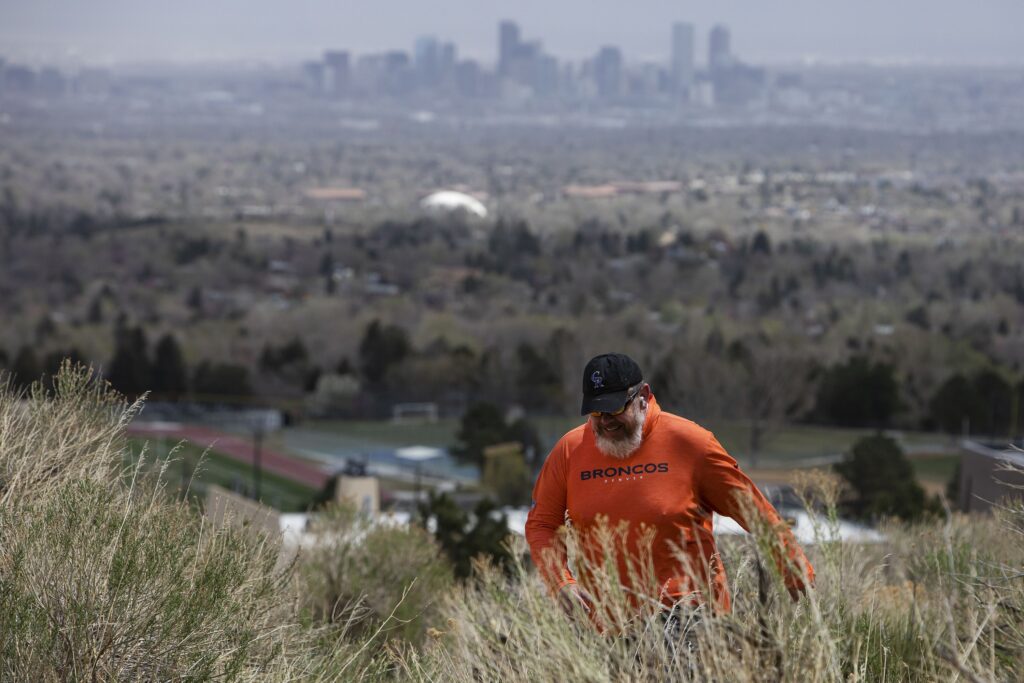Adams County to give next round of opioid settlement grant funding
Organizations looking to help battle the opioid crisis in Adams County are about to get an influx of money.
Adams County’s Opioid Abatement Council is reviewing applications from organizations across the county seeking grant funding.
The council was created in response to a national opioid settlement, which came from lawsuits the Colorado Department of Law won against pharmaceutical manufacturers and distributors. Adams County gets a portion of the settlement money, which is distributed across the state.
Over the past five years, Adams County residents have accounted for one in eight opioid-related overdose deaths in Colorado, according to the council website. Adams County’s population sits at just above 533,000, making it the fifth most populous county in the state.
In 2023, 150 Adams County community members died from an opioid-related overdose and 136 of them involved fentanyl, according to data from the Colorado Department of Public Health and Environment.
A total of 186 county residents visited an emergency room for an opioid-related overdose and an additional 86 were hospitalized.
Between 2020 and 2023, a total of 601 Adams County residents died of an opioid-related overdose, 491 of which involved fentanyl, the DCPHE data says.
Opioid use disorders have a “very significant” impact on Adams County, Peter Padilla, the county’s Opioid Abatement Council chair, told The Denver Gazette.
Throughout the county, many organizations are trying to help those impacted by the crisis, but are limited in what they can do, he added.
The grant funding the council distributes helps fill those gaps, Padilla said, going to organizations who are “doing the good work” when it comes to education, prevention, harm reduction and emergency response, but could do more with a little more money.
To determine who gets grant money, the council accepts proposals from various organizations and reviews them based on their potential impact and how well they will serve high-need populations, a county spokesperson said.
In 2023, the first year Adams County got funding, about $2.7 million was distributed to nine organizations. Last year, about $3.8 million was distributed to 13 organizations.
This year, council officials are anticipating about $7.7 million, including carryover from the first two years, a county spokesperson said.
“Every dollar allocated by the Opioid Council is an investment in health, safety, and healing for our communities,” Adams County Commissioner and Board Chair Lynn Baca said. “We’re committed to ensuring these funds are used for strategies that make a measurable difference, whether that’s expanding access to medication-assisted treatment, supporting recovery housing, or delivering prevention education in schools.”
For this cycle of funding, applications were due in early March and contracts will be signed in June and July, according to the council website. Padilla said they are focusing on filling “critical” service gaps, looking for organizations that provide medication-assisted treatment, intensive outpatient programs, peer support systems and workforce development training.
The grant brings community organizations together to battle a crisis that would be much harder to deal with individually, Padilla said, giving the county a “once in a lifetime” opportunity to pump money into programs that help mitigate risk.
Padilla pointed to Young People in Recovery, an organization that does peer-to-peer counseling, therapy, and guided programs for youth, that was able to double its impact with the amount of funding they got from the grant last year.
Adams County Health Department is another success story, Padilla said. The department is about four years old and was able to immediately build programs to address opioid misuse as they were setting up all of their systems, he said. Unlike many government programs, theirs was up and running quickly thanks to the grant funding, he added.
“The entire community came together and made this opportunity one that is universal for the whole community,” Padilla said. “The dollars go further when we all work together.”
Last year’s awardees included health departments and educational programs, like the Adams County Health Department, the University of Colorado Hospital, University of Colorado School of Medicine, 27J Schools and the City of Northglenn Crisis Response Unit. It also included community organizations like Community Uplift Partnership, Kids First Healthcare, South Street Foundation and Young People in Recovery.
To choose which organizations it funds, the council looks at organizations’ use of other funding sources, the cost efficiency of their proposed projects, track records, and desired outcomes.
To date, Colorado is on track to receive $871 million in opioid settlement funds, according to Attorney General Phil Weiser’s website, including settlement funds from companies like CVS, Johnston & Johnson, Kroger, Walgreens and Walmart.











